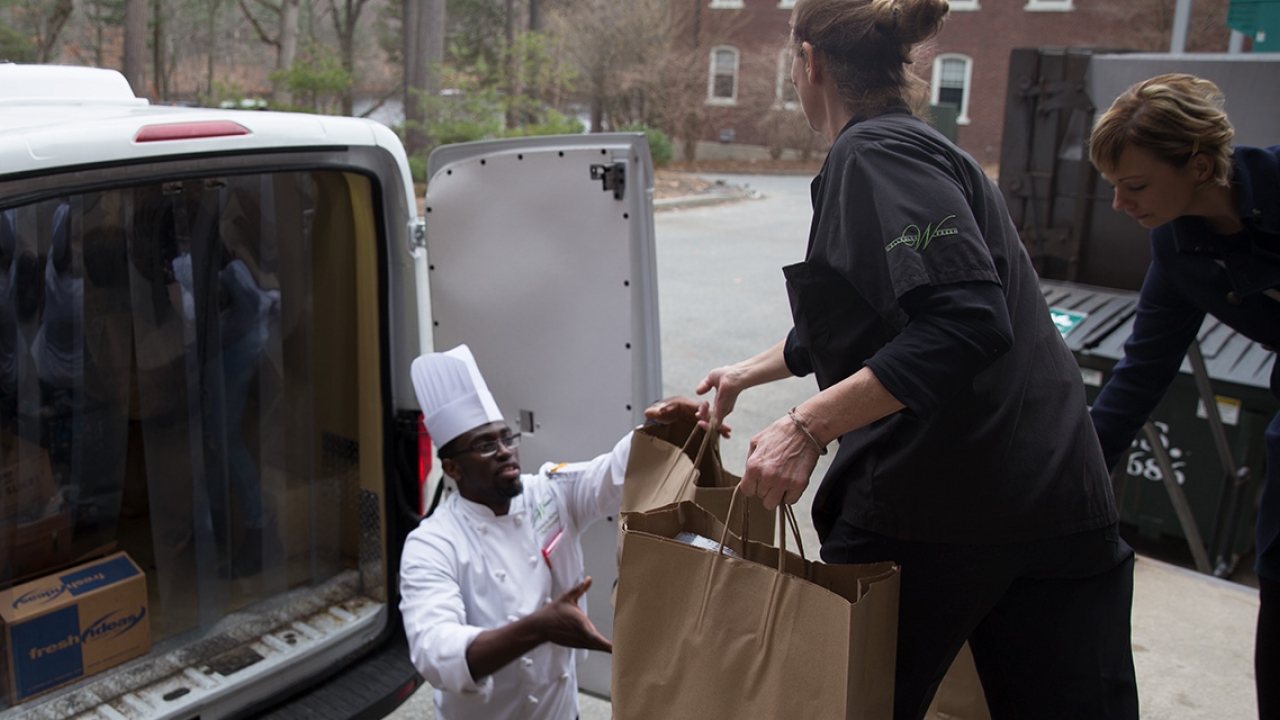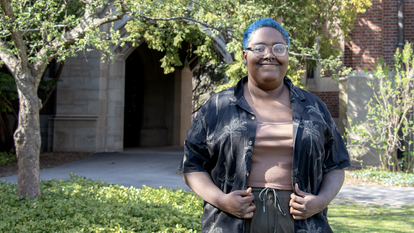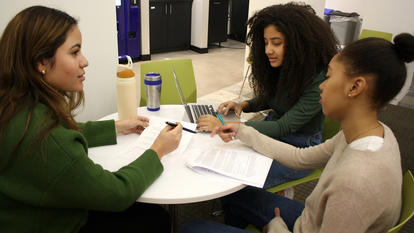Wellesley Helps Provide Fresh Meals for People in Need

Surplus food from Wellesley College cafeterias is now being used to provide nutritious meals for individuals and families who struggle to buy food for themselves. Recently, Wellesley joined with other colleges and organizations, including Babson and Olin, that donate food to the nonprofit Food For Free, based in Cambridge, Mass. This is the first time Wellesley has participated in the program.
Food For Free trucks pick up prepared foods and fresh fruits and vegetables from Wellesley’s dining halls (which are run by vendor AVI Foodsystems) and deliver them to its operations center in Cambridge, where they are repackaged into single-serve meals. In 2017, Food For Free distributed 2 million pounds of food; the food they collect helps feed 30,000 people in the Greater Boston area.
Alison Cross, who works for Food Rescue Initiatives in the town of Wellesley, which coordinates local food collection for Food For Free, said that food recovery addresses two important issues. The first is food waste. Forty percent of food produced in the United States is thrown away even though it is perfectly edible. As refuse, it ends up in compost or dumped in a landfill, where it takes up space, decomposes, and generates toxic gases like methane, said Cross.
Second, the meals serve people who are “food insecure”—that is, they don’t have access to nutritious food on a regular basis, said Cross. They might live in homeless shelters, temporary housing such as motels, or homes without adequate kitchens, or they might be elderly people who rely on Meals on Wheels.
Dorothea Von Herder, coordinator of the Campus Sustainability Programs, said the meals Wellesley donates are “our major contribution to social justice, and it’s an example of reuse and recycle.”
Photo: Volunteers from Cambridge-based Food For Free pick up a food shipment at the Tower Court dining hall.



